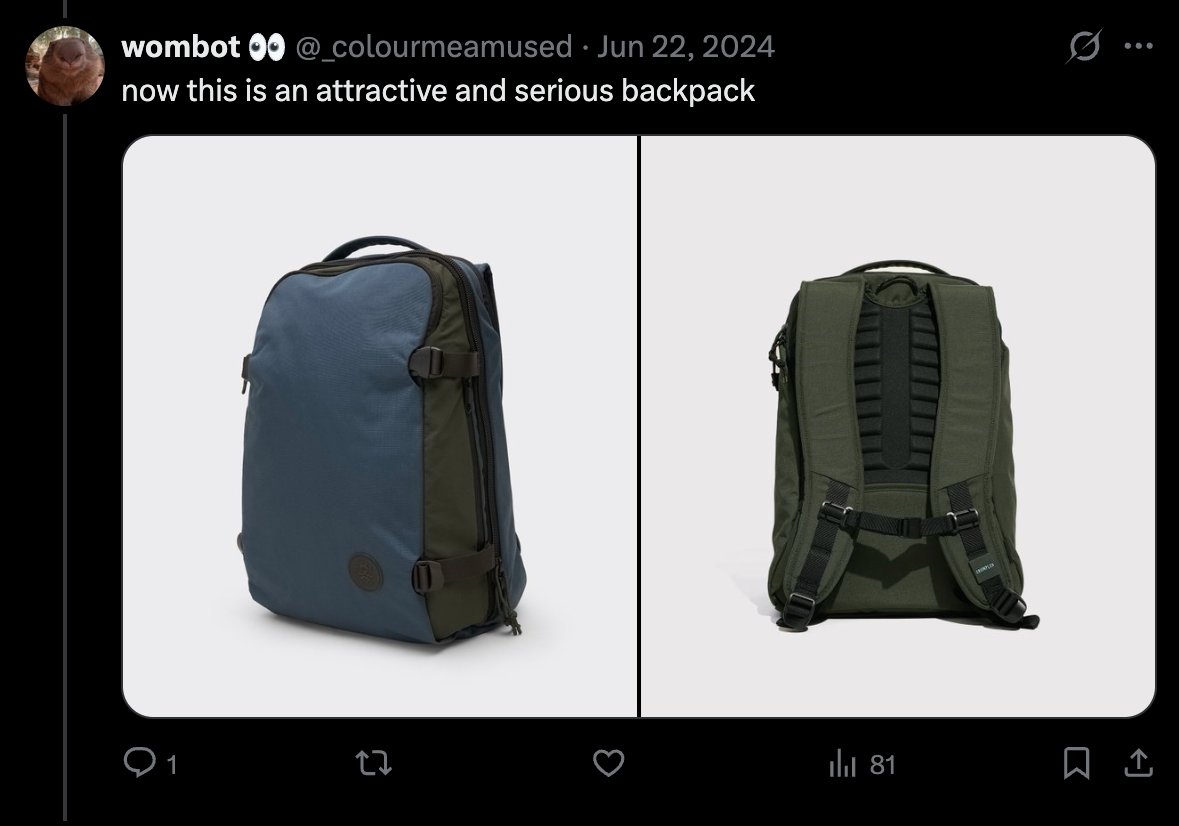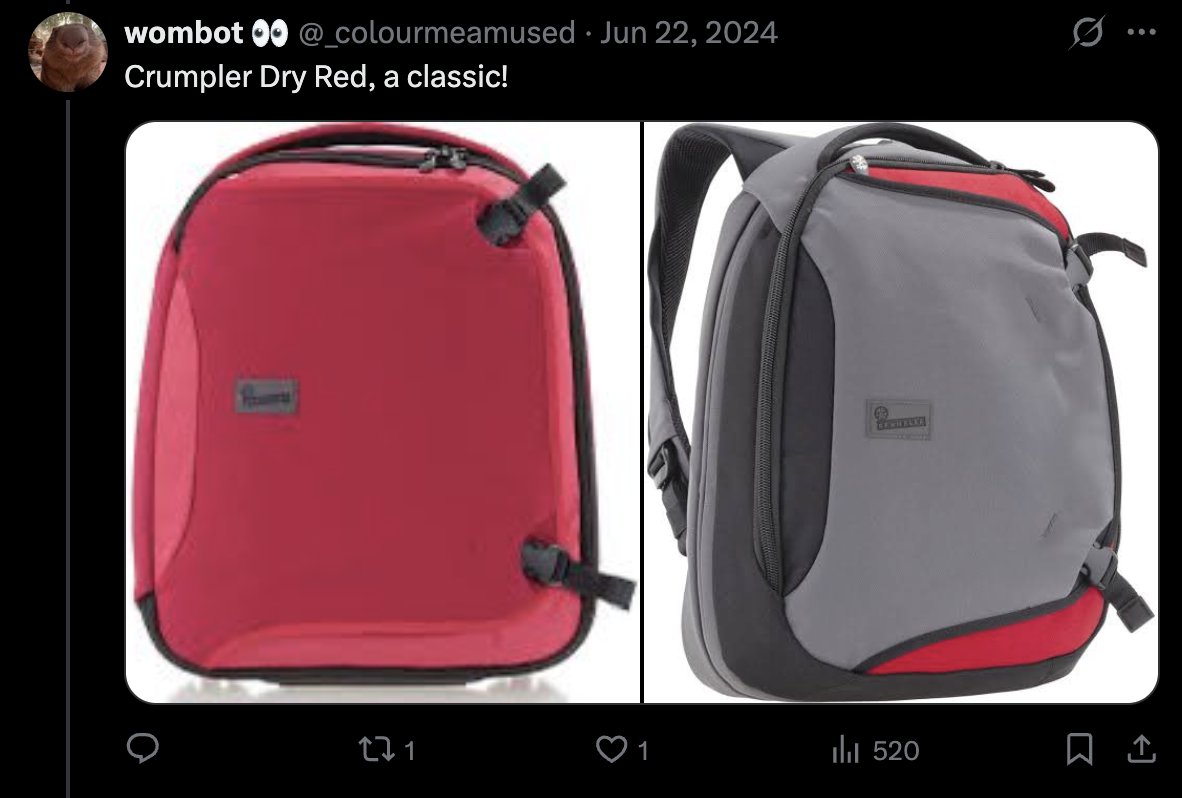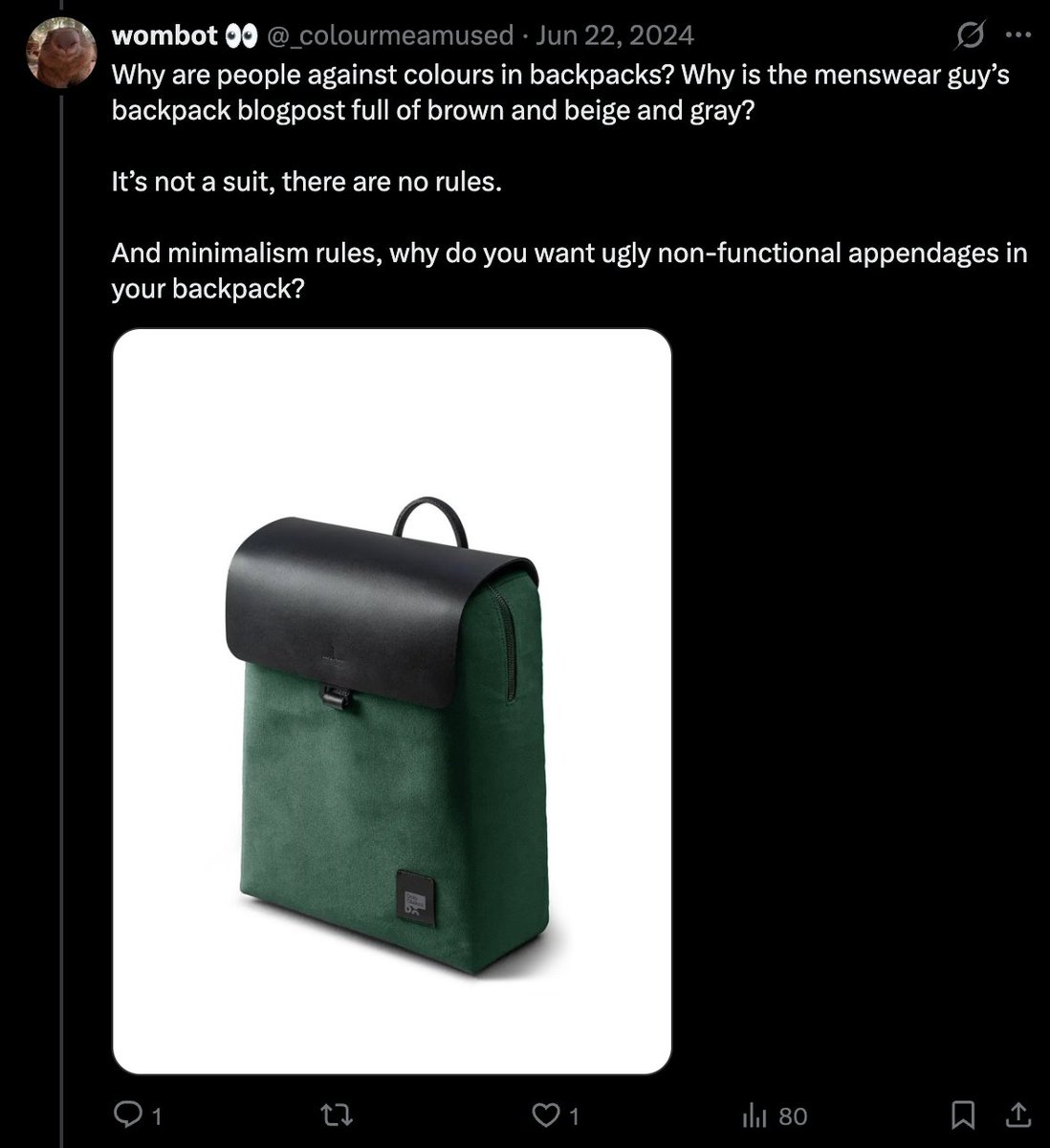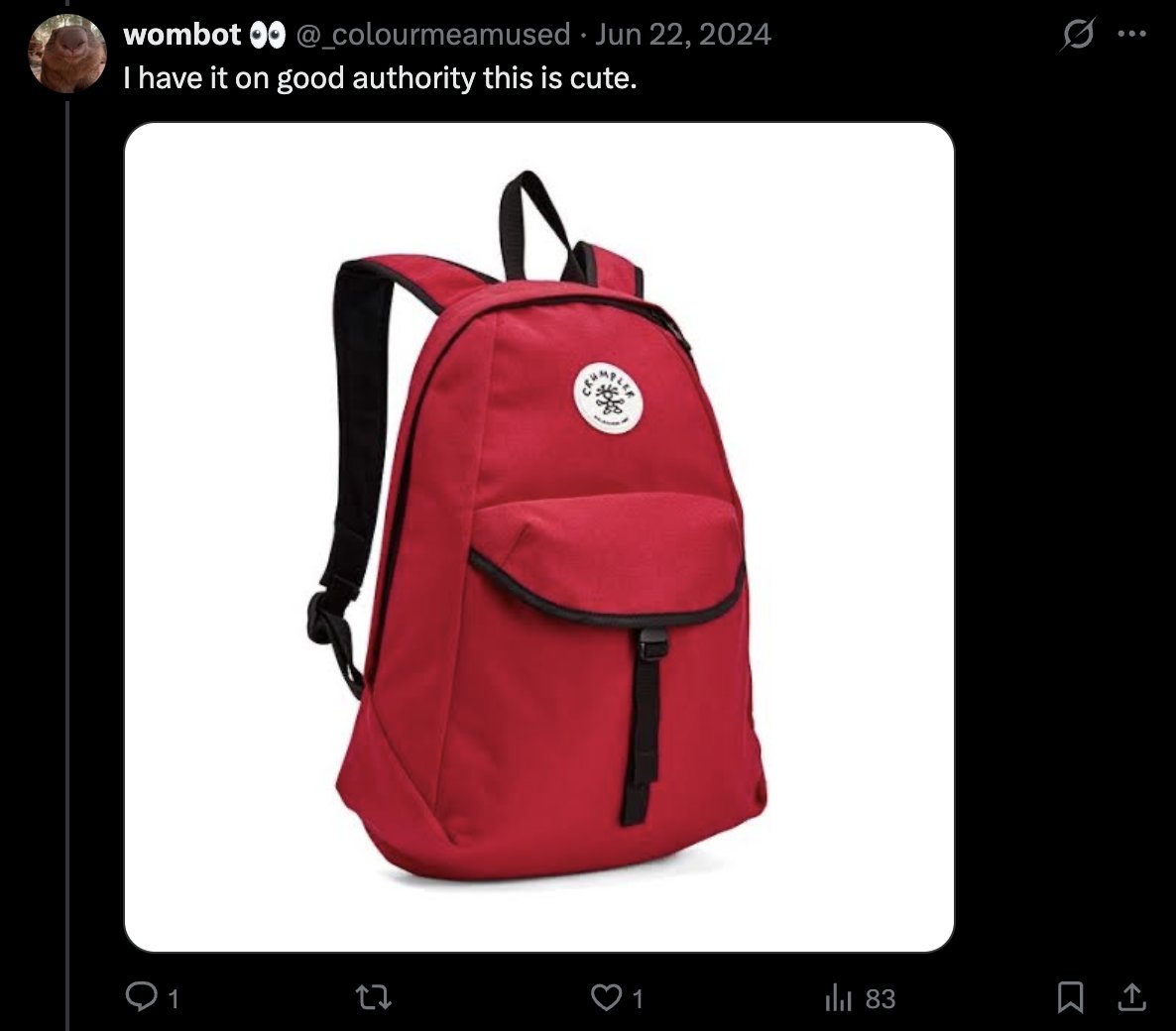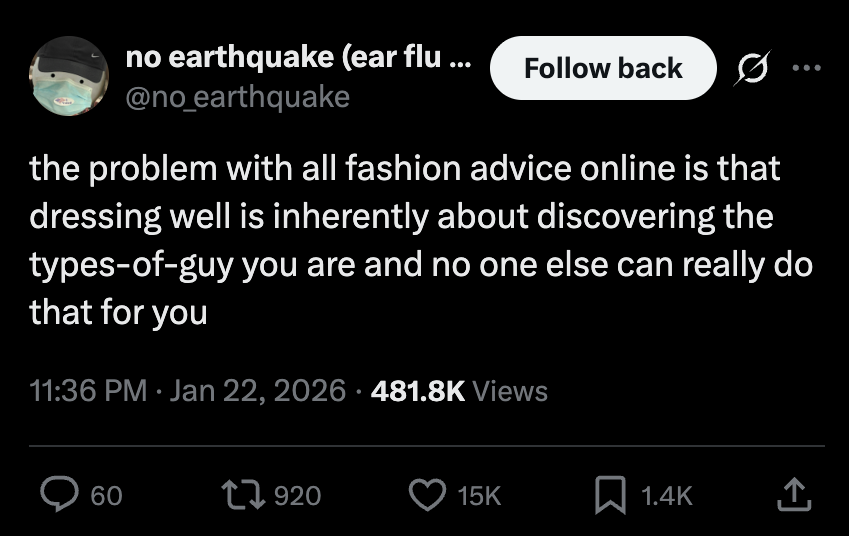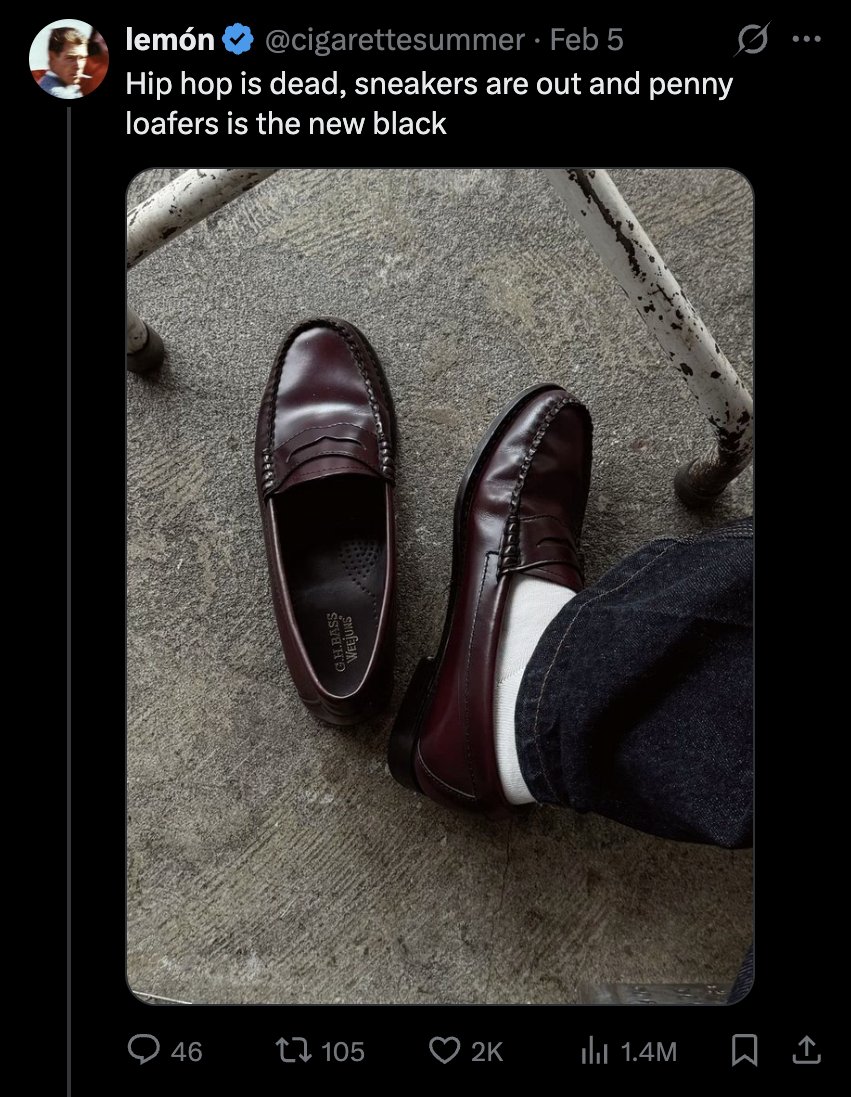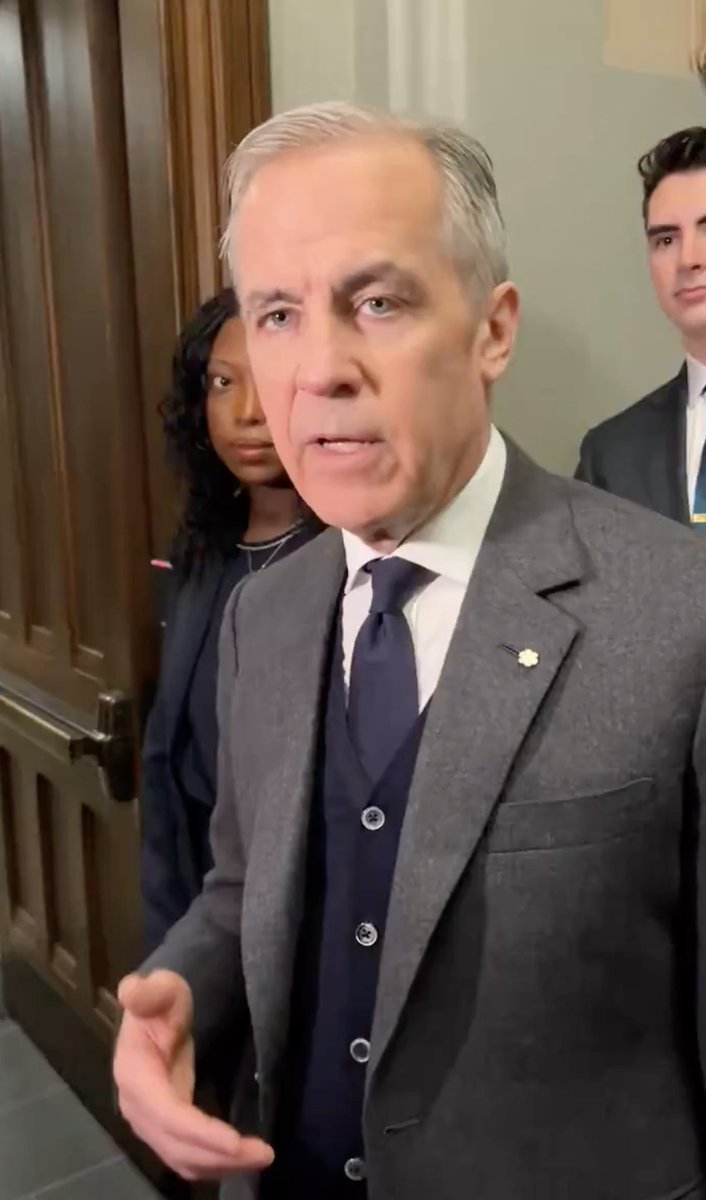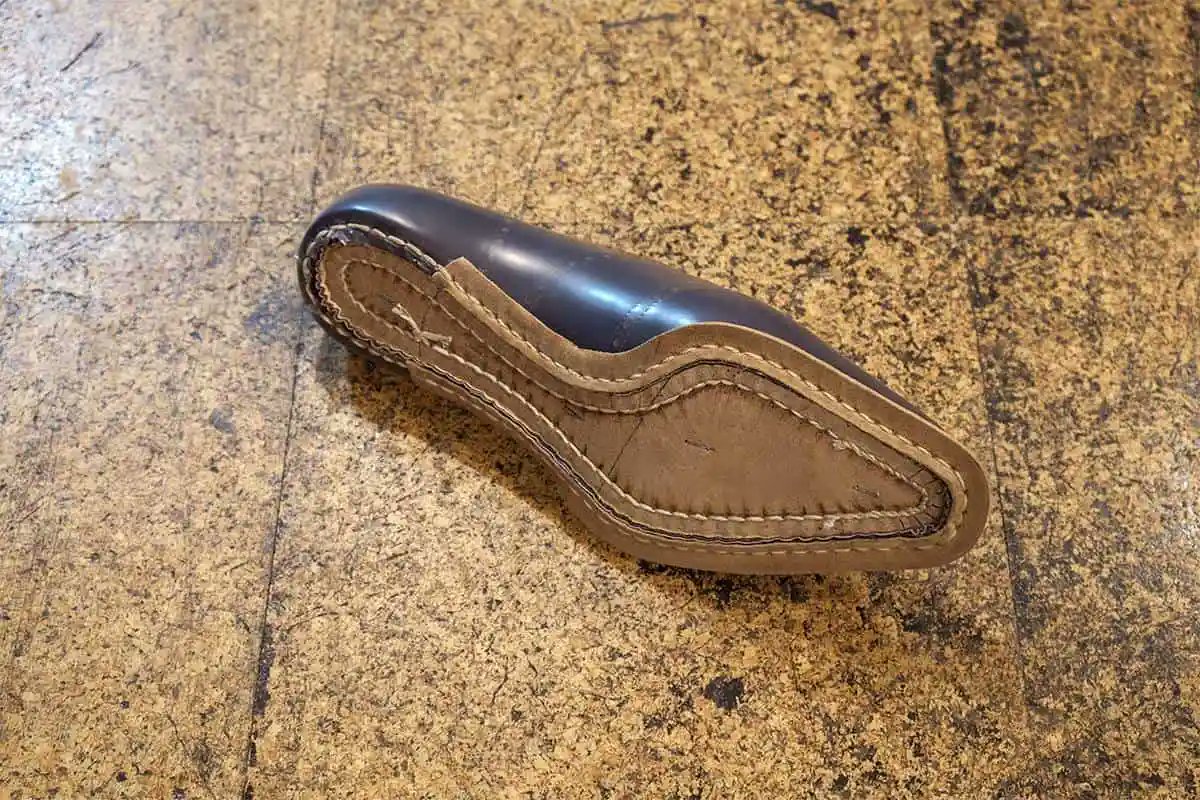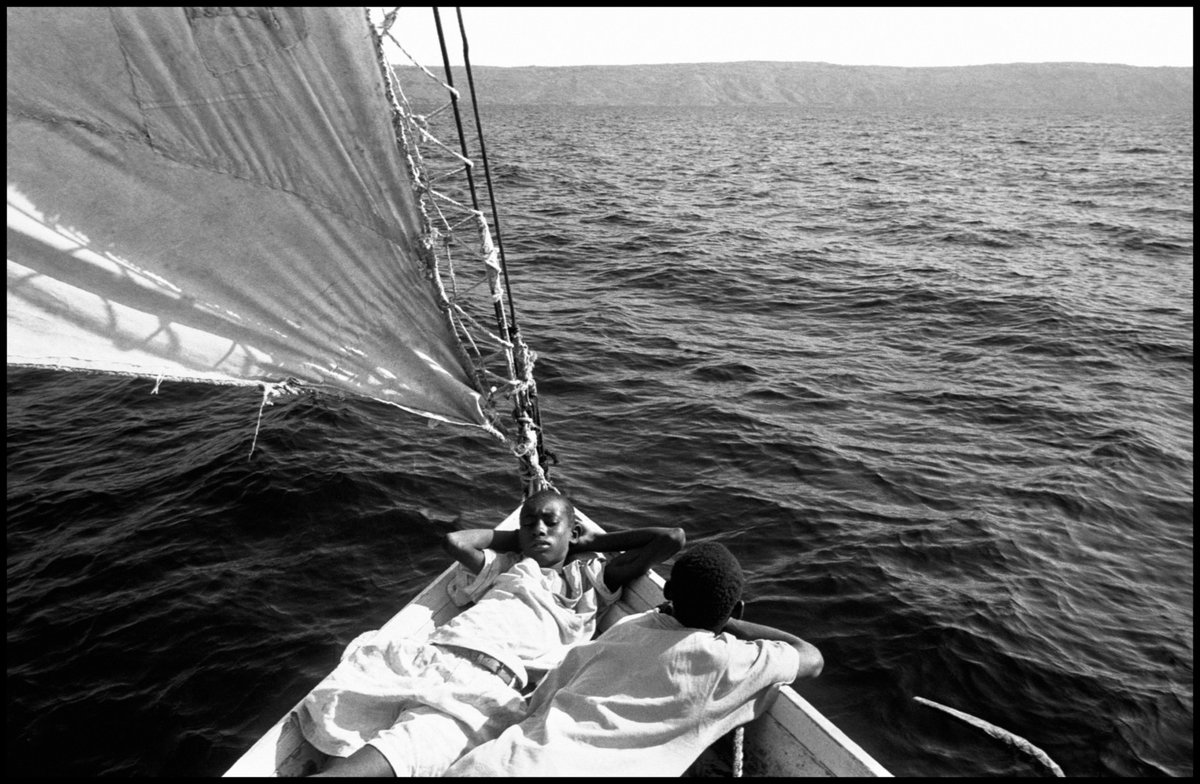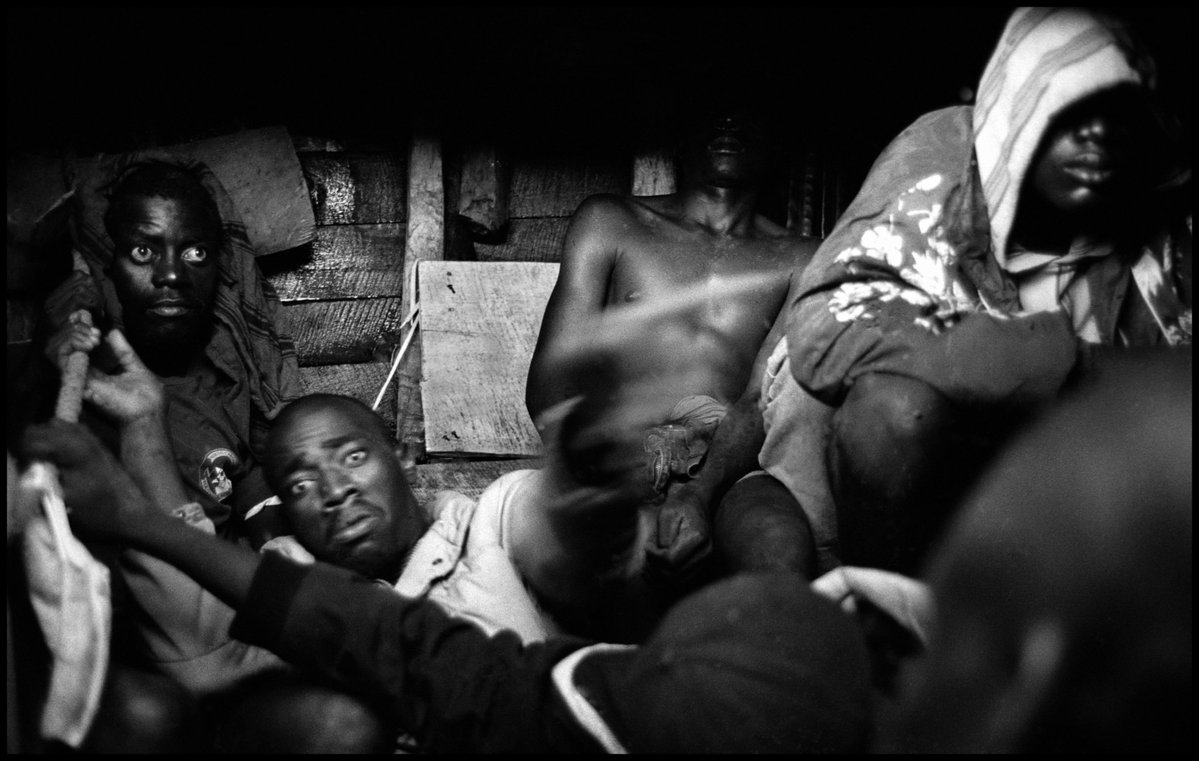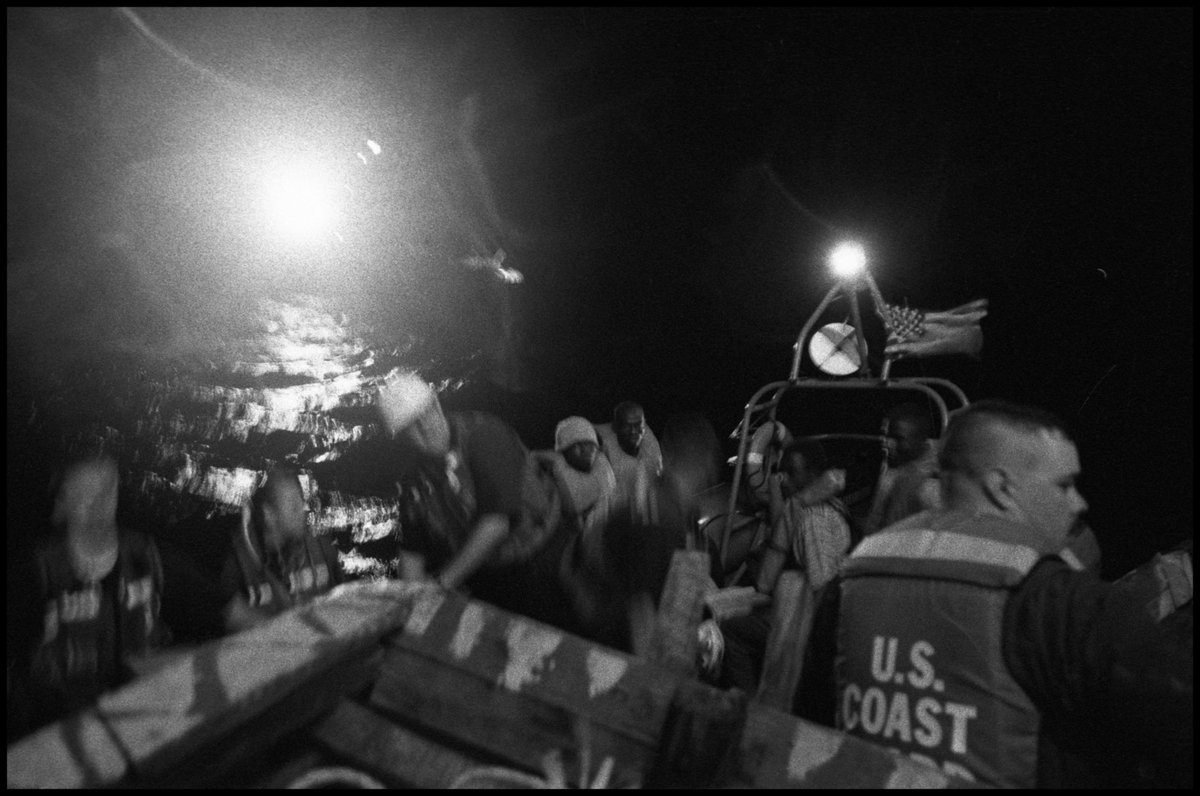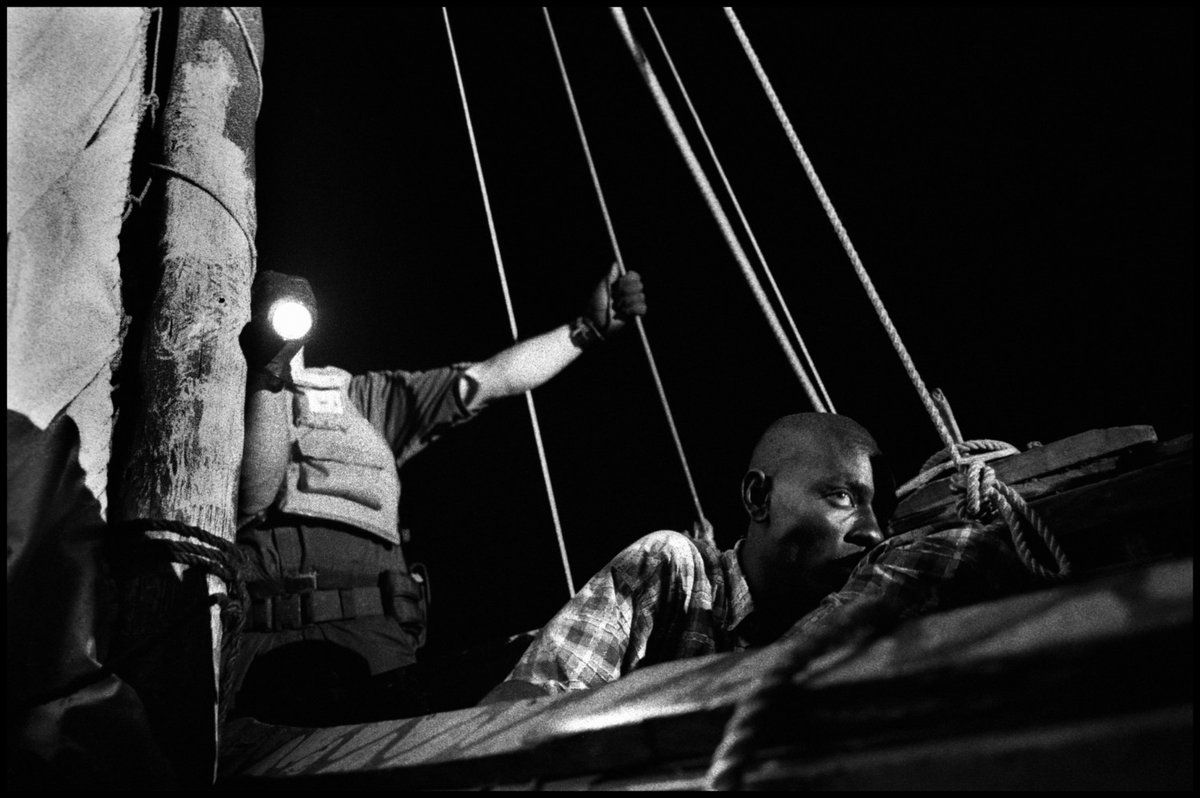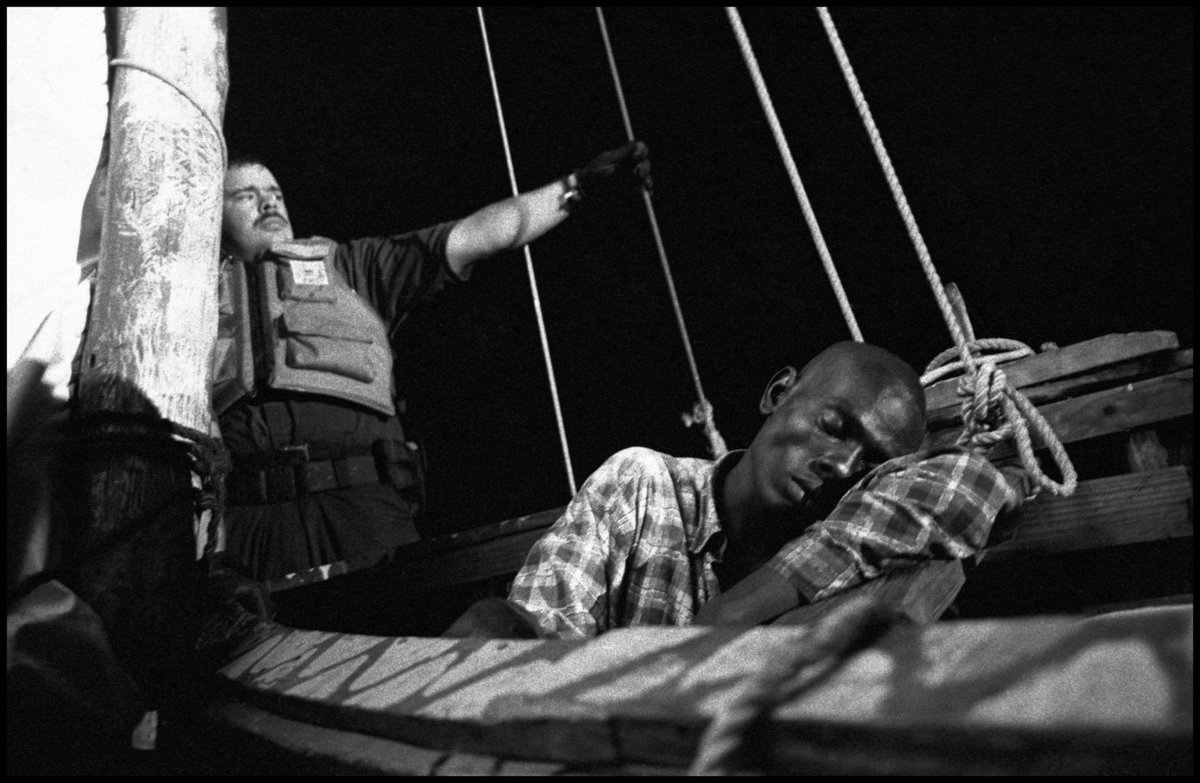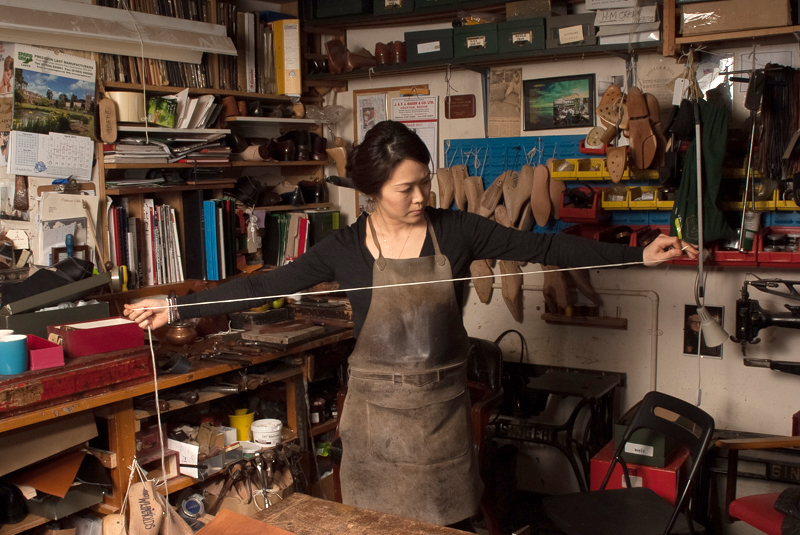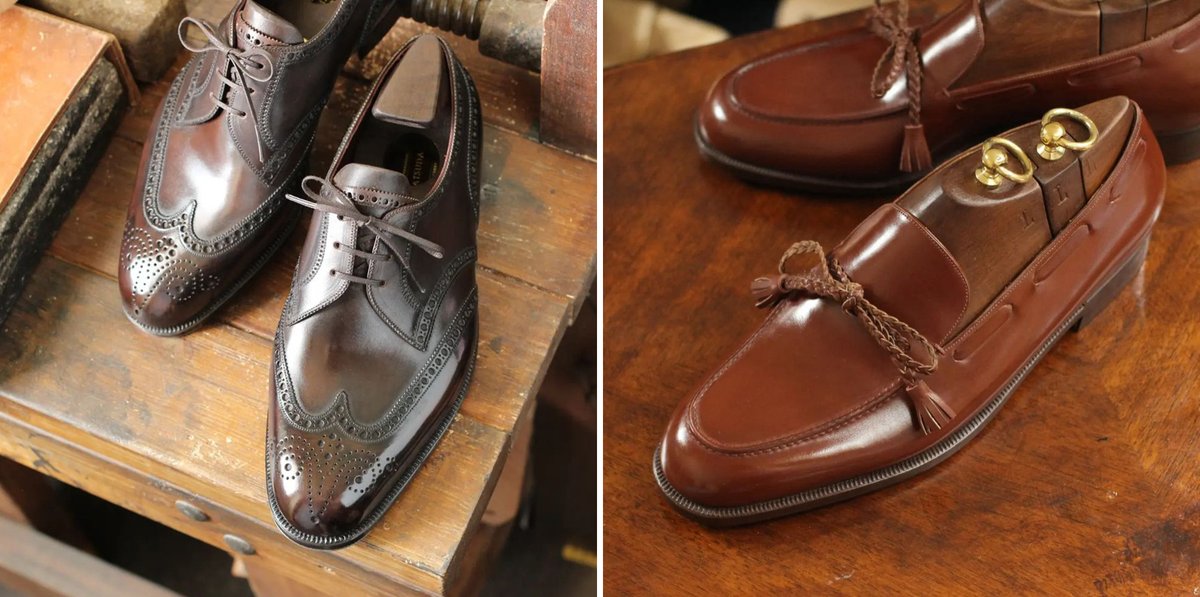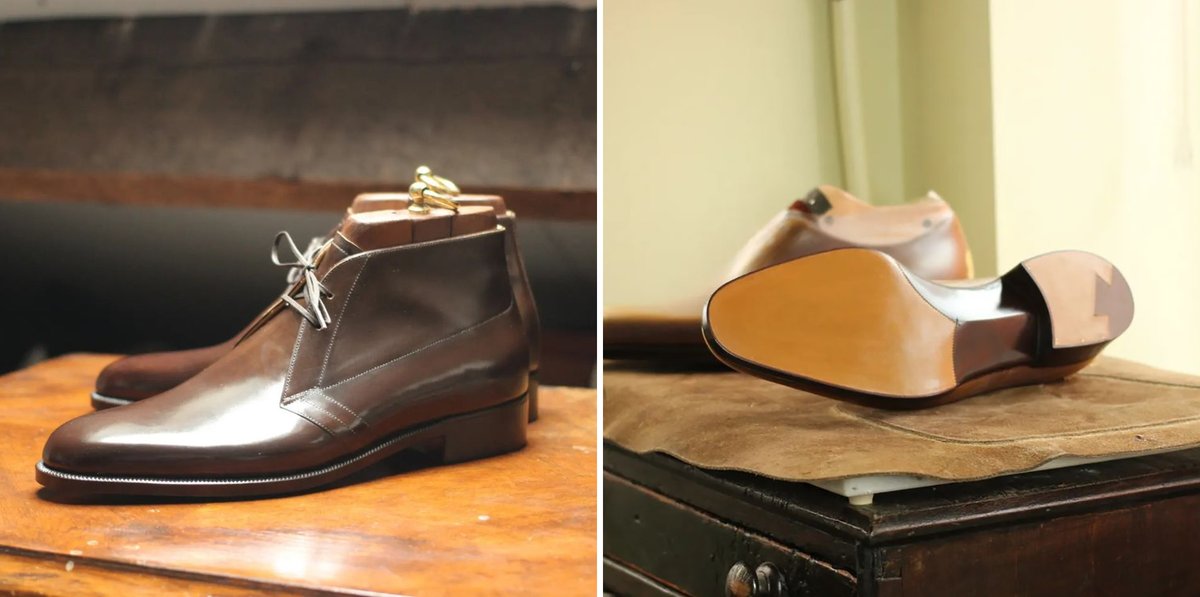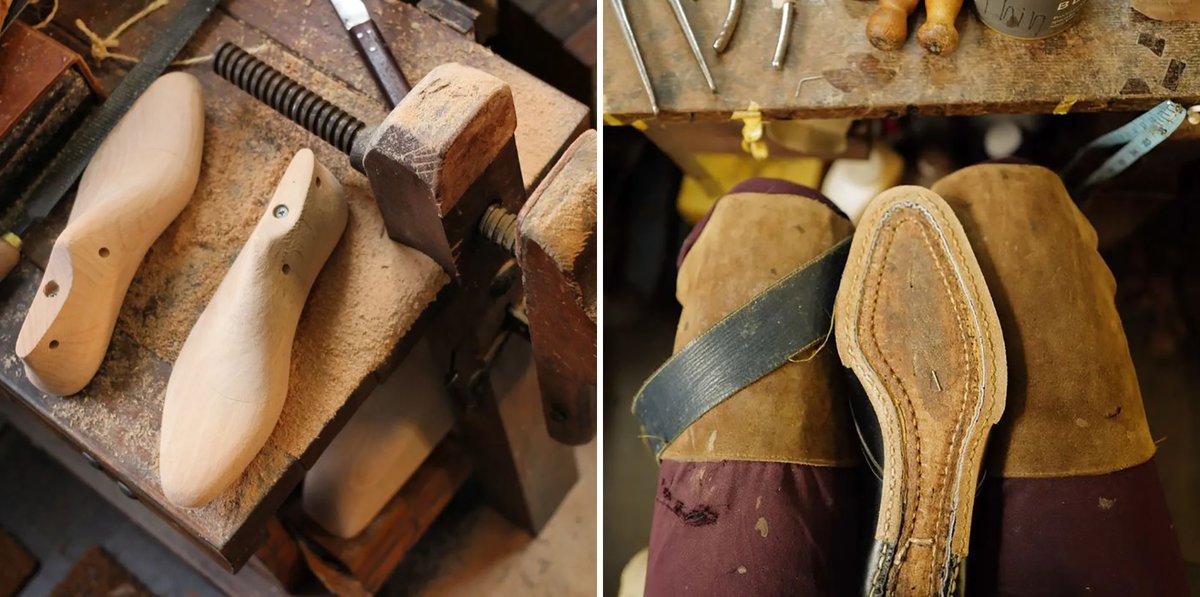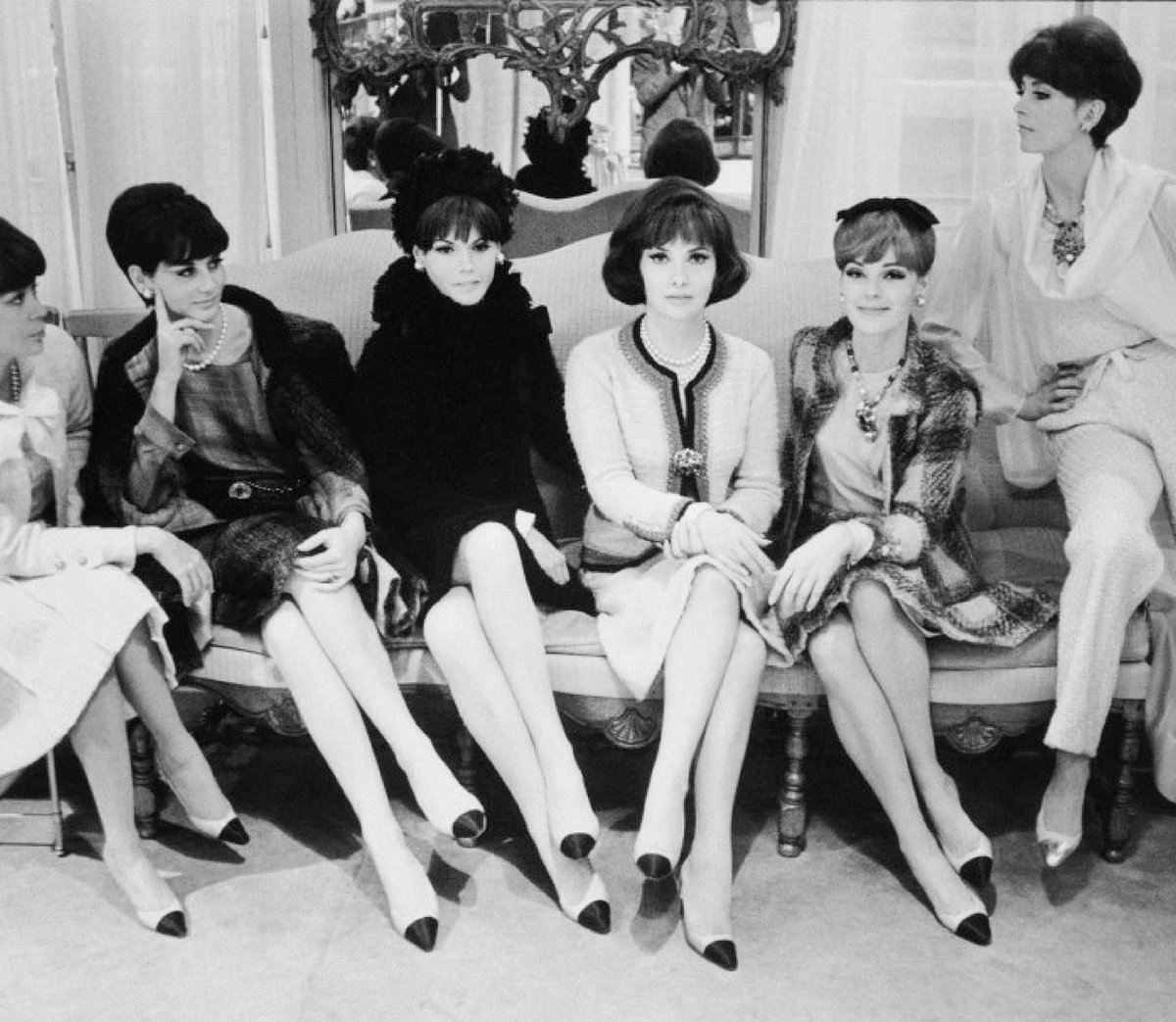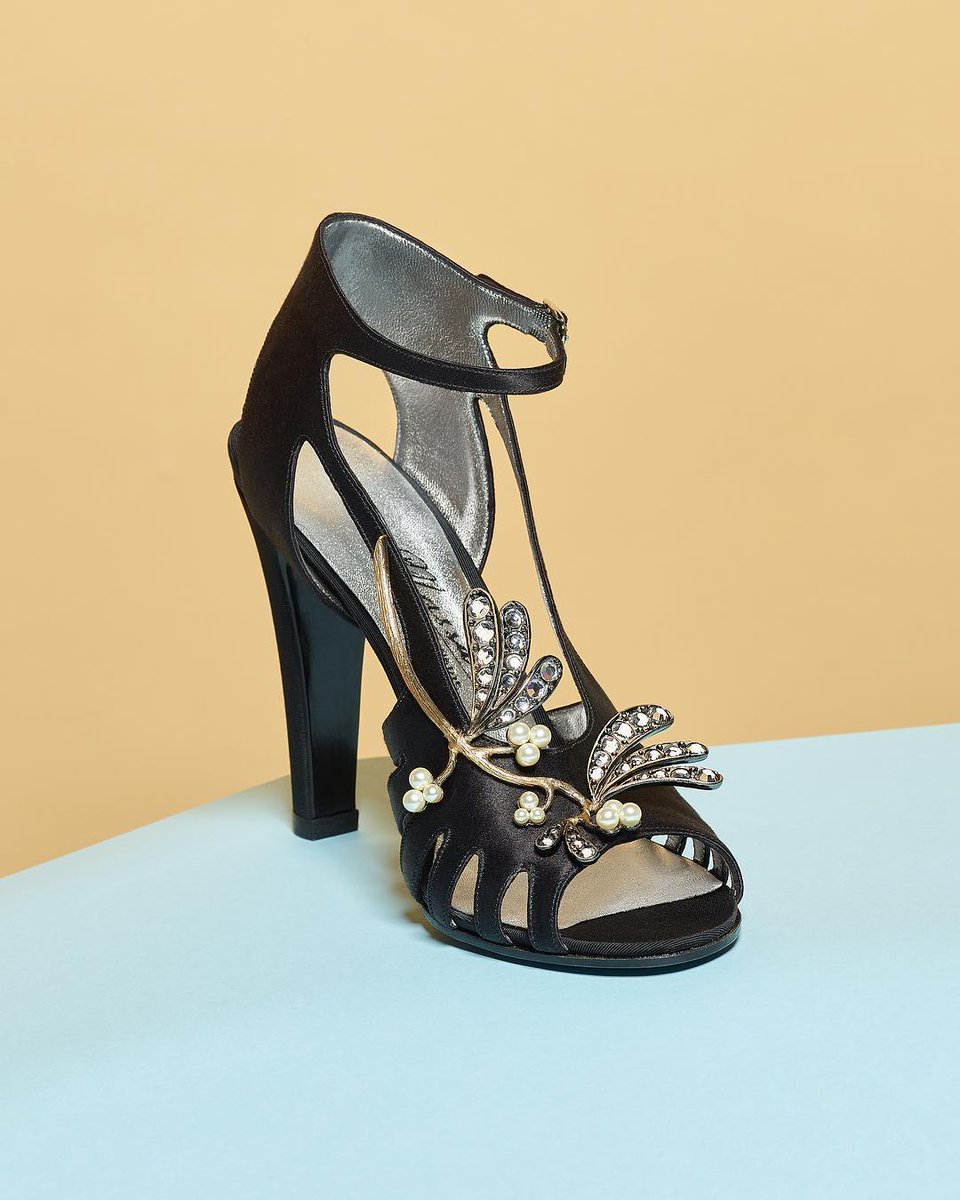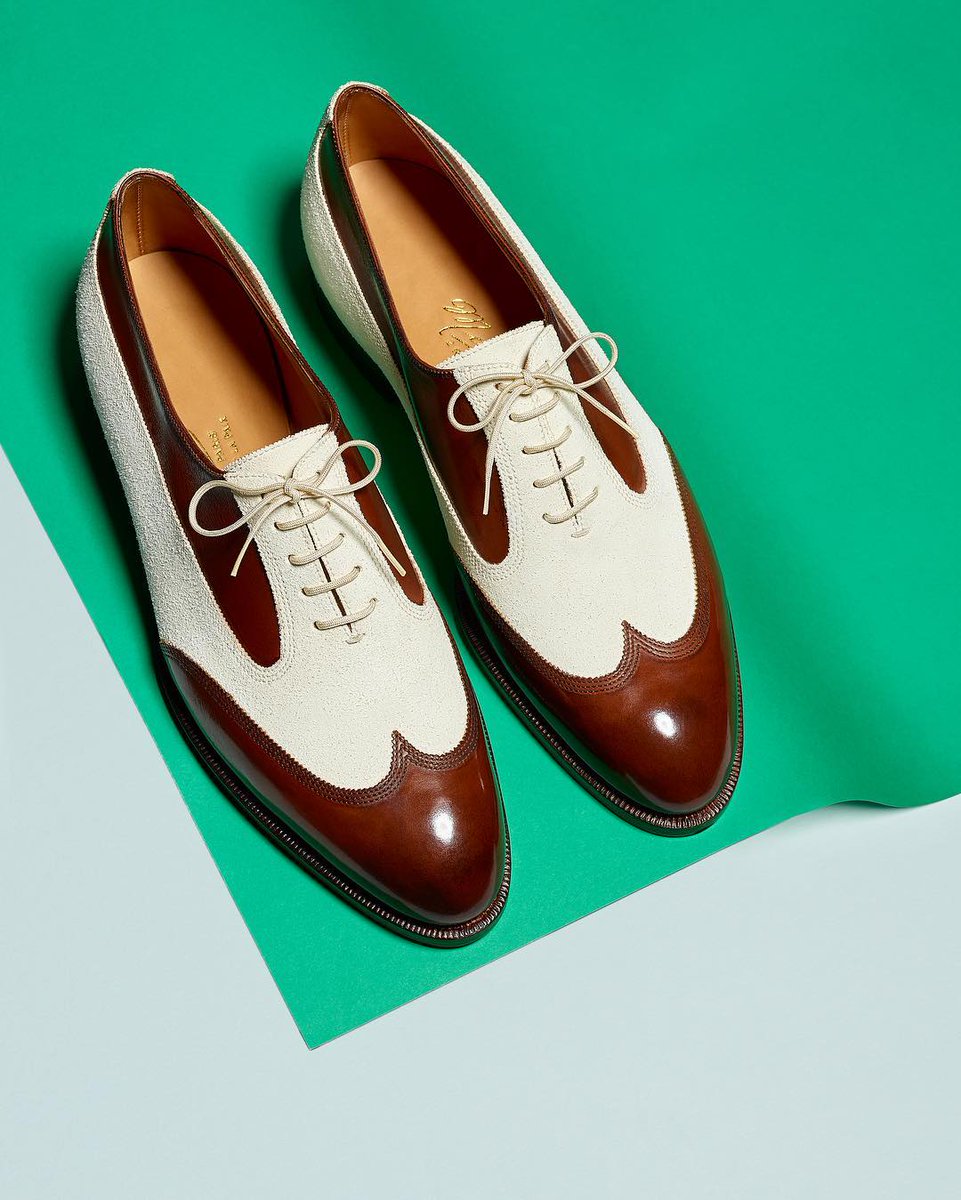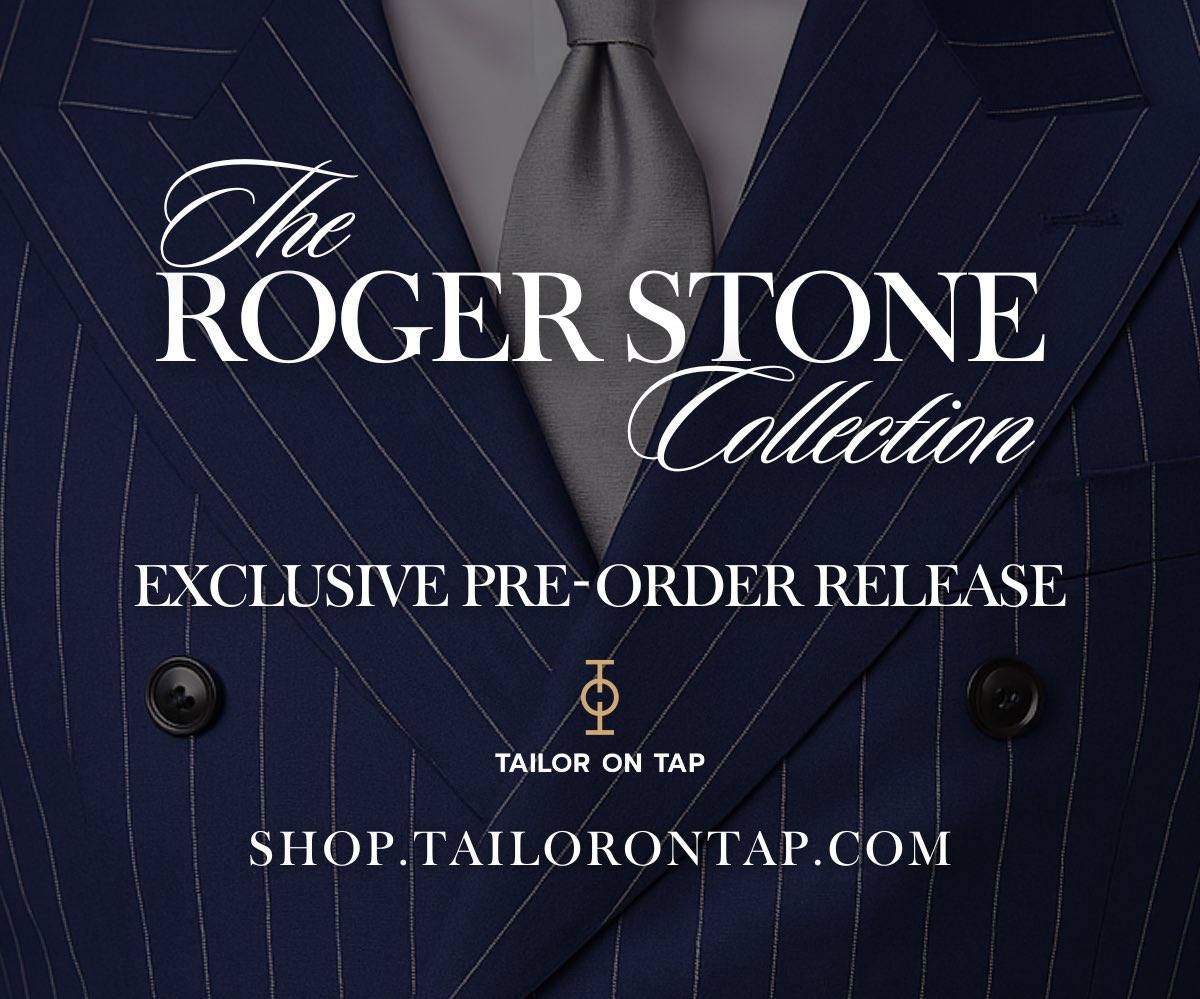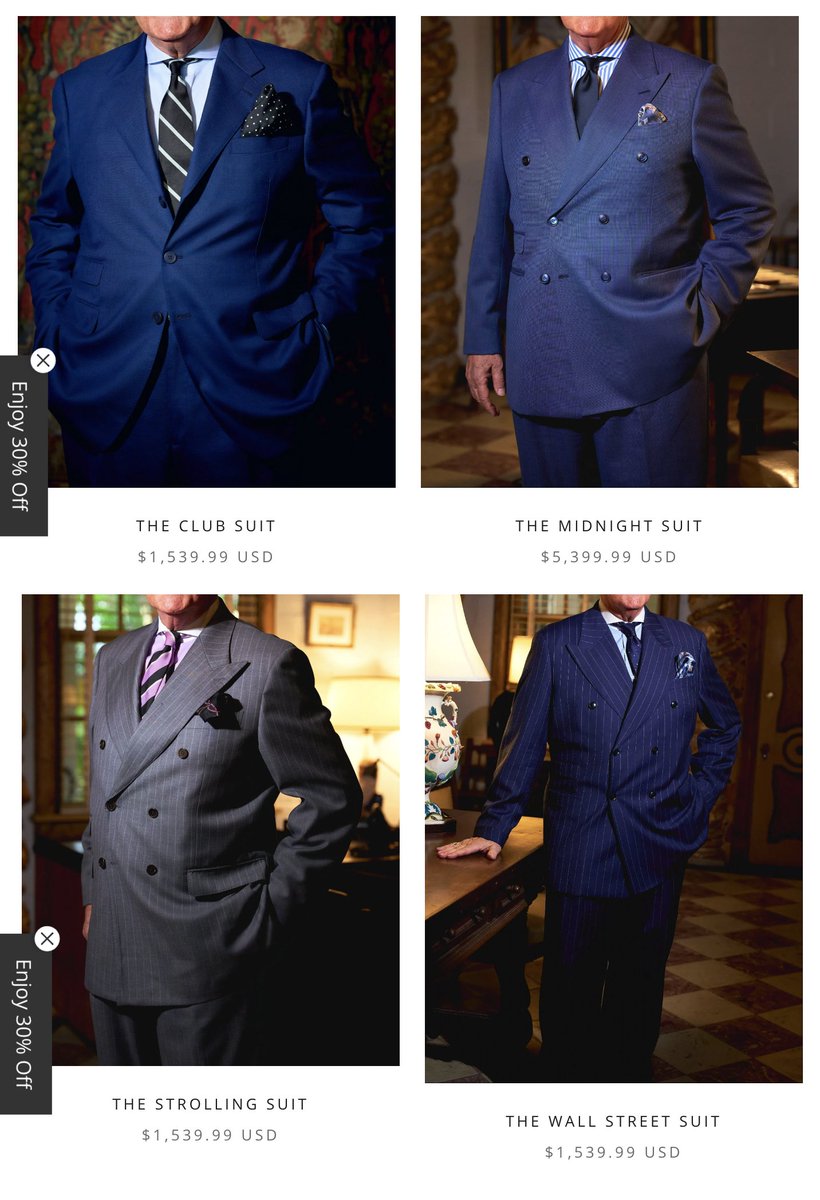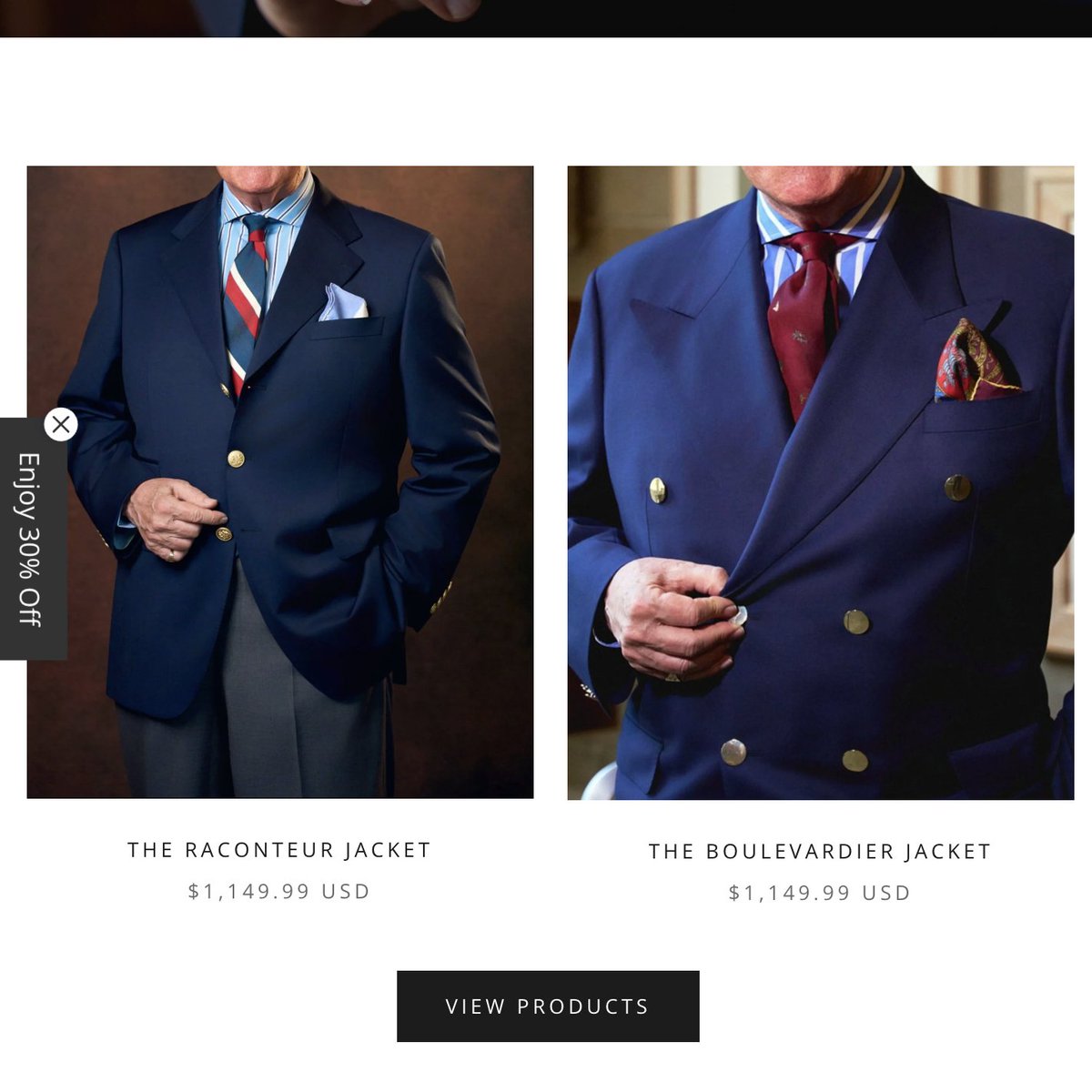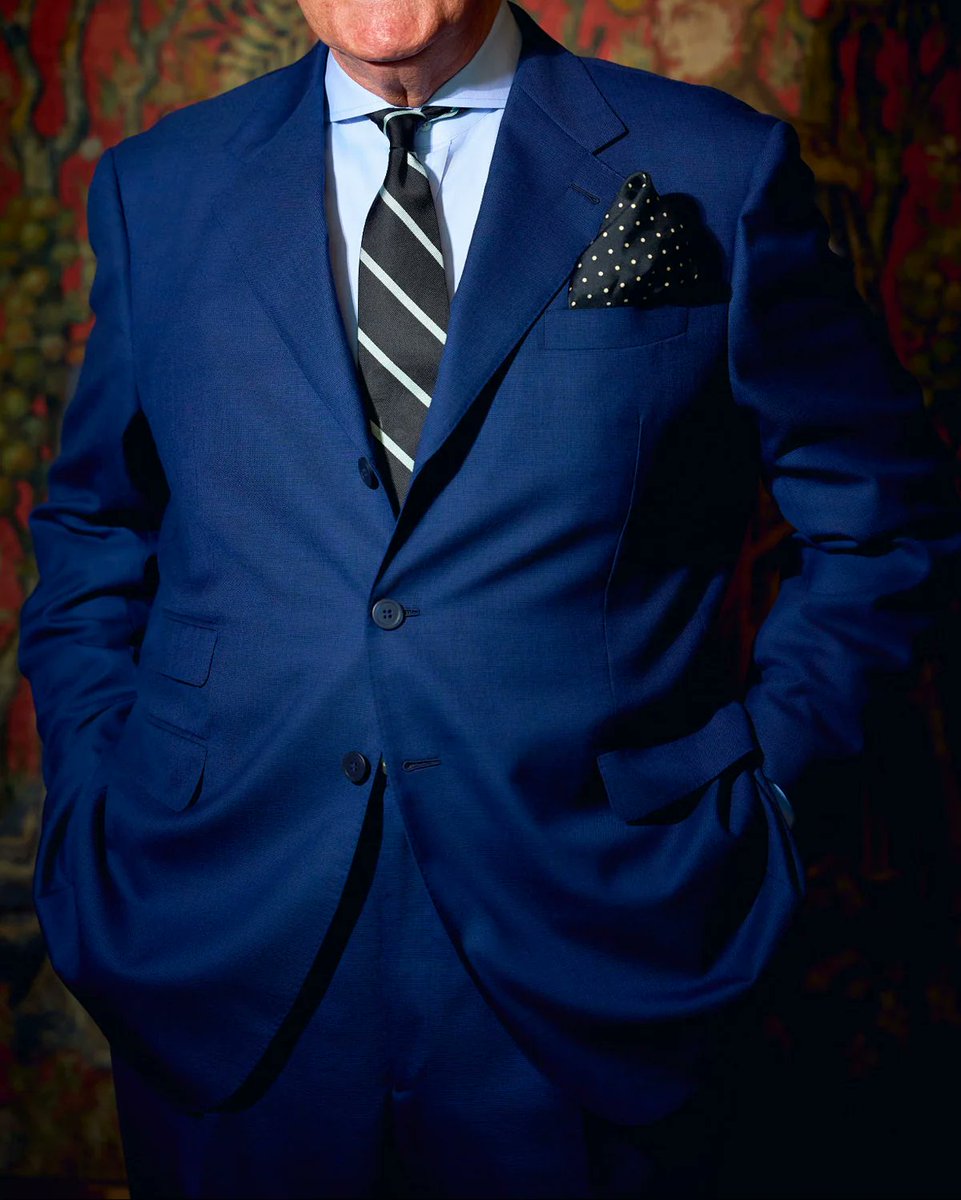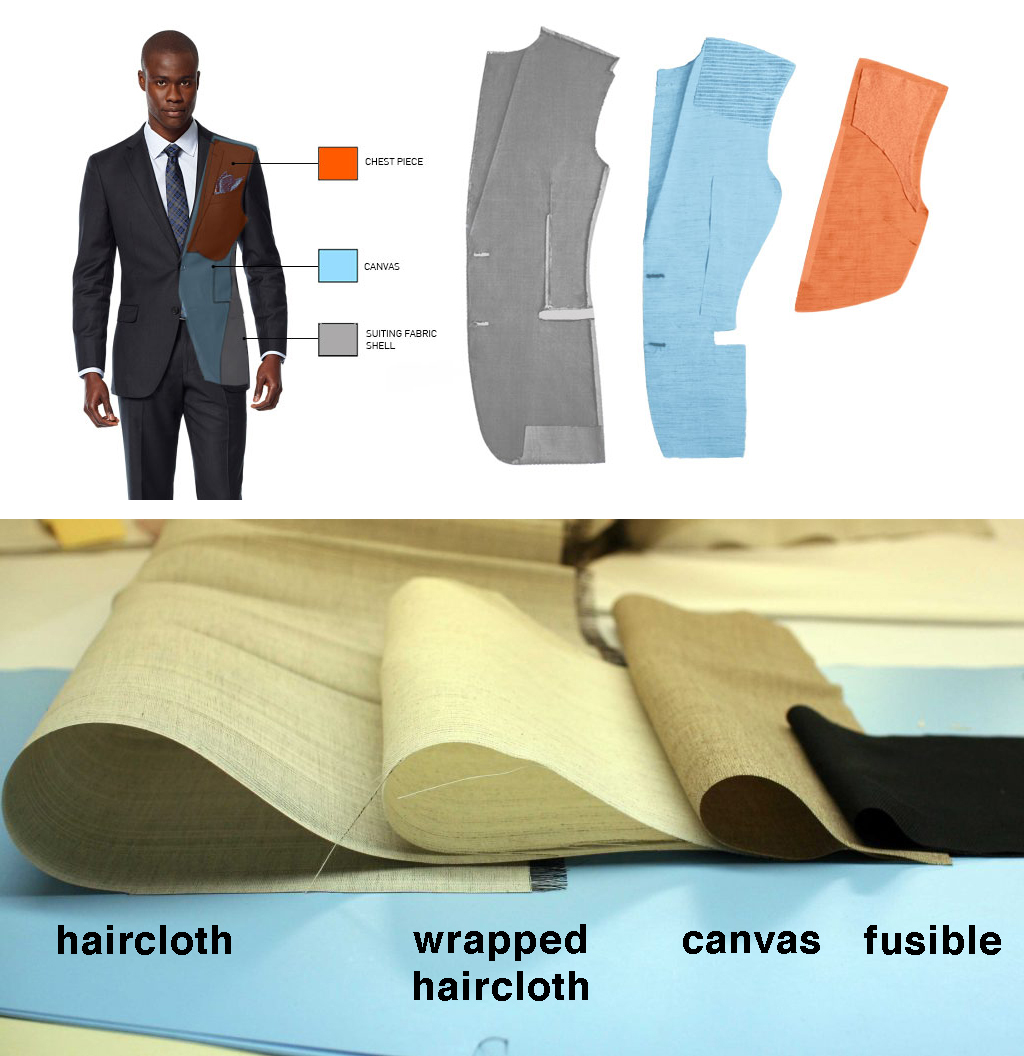I think this outfit looks great, but some people asked me to comment on the belt, so here's a basic guide to men's belts. 🧵
https://twitter.com/NFL/status/1883567179943366979
As usual, there are no hard rules in fashion. Everything is dependent on the aesthetic, which is contextual to culture. So any time you're asking how to do something with regard to dress, you have to first ask yourself, "what aesthetic language am I using?" 


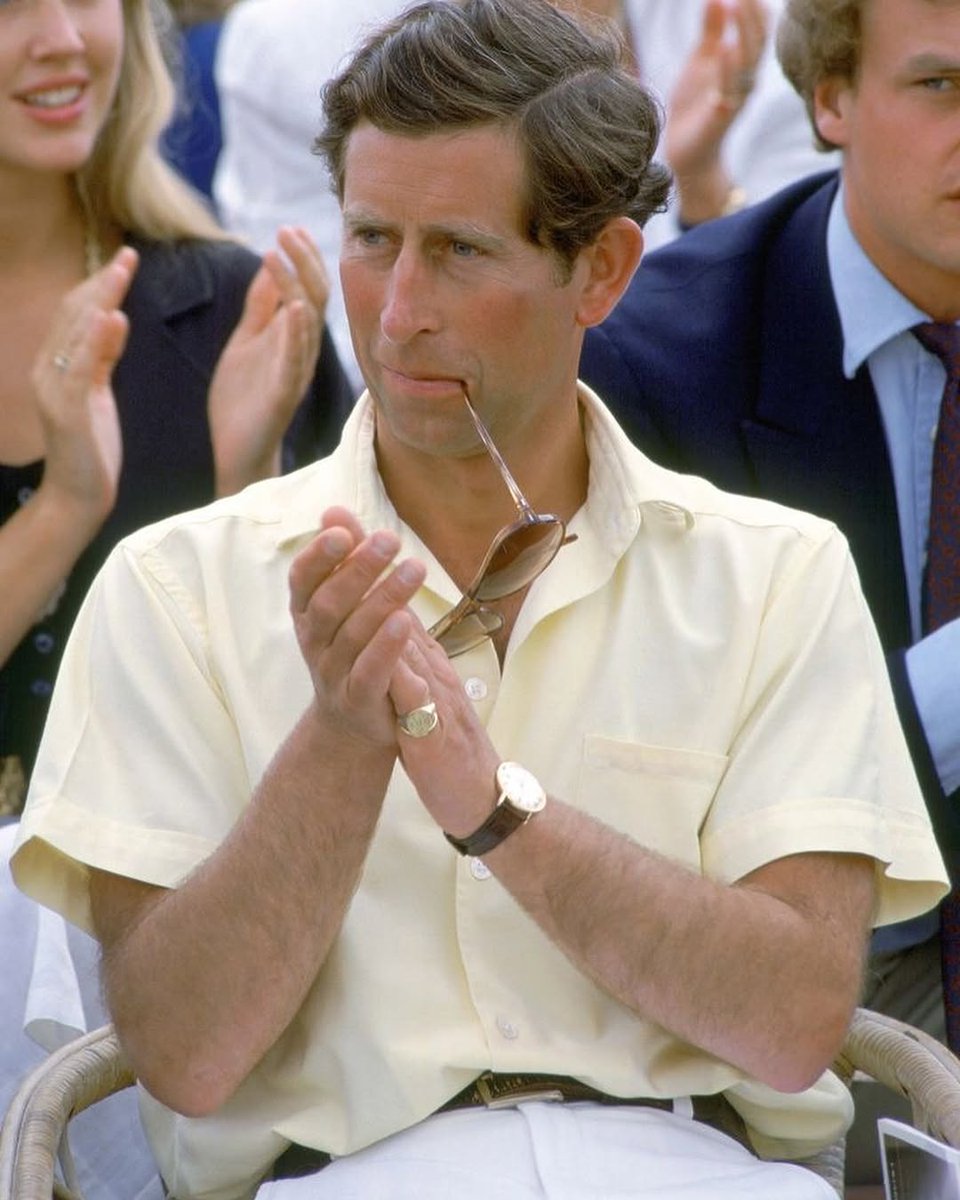
There was once a time when belts were mostly reserved for workwear. Men in tailored clothing held their pants up with suspenders, which is still the superior way to wear tailored trousers. Belts work like a tourniquet, can only be adjusted by 1" increments, and are not comfy.
Suspenders, on the other hand, allow your trousers to hover around your waist, leaving room for a full meal. Since they hold your pants up from your shoulders, your pants never slip throughout the day. If worn with a fishtail back, they also allow your trousers to drape better. 
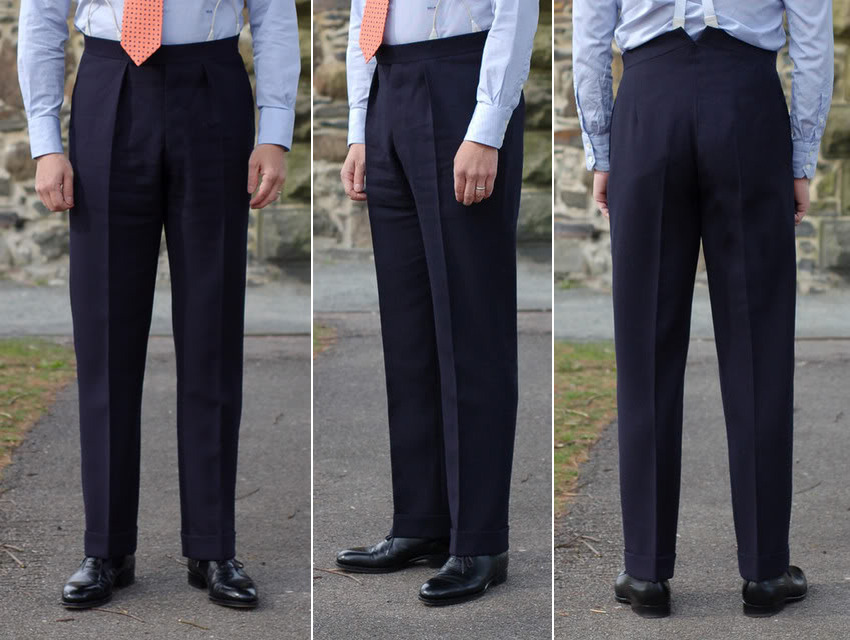
At some point, the Duke of Windsor started to wear a belt, much to the dismay of his more conservative father and even tailor. The Duke was so scared of his strict, ill-tempered tailor (Frederick Scholte) that he had his trousers made by another tailor in New York. 



Since the Duke set many of the fashion trends of his day, other men followed. And soon Hollywood elites wore belts with tailored trousers. With time, suspenders all but disappeared, widely regarded as too old-fashioned and fusty. If you like suspenders, check Albert Thurston. 



Broadly speaking, there are two rules with regard to belts. The first is that the color should roughly match your shoes—dark brown belts with dark brown shoes, black belts with black shoes, tan belts with tan shoes, etc. Mark at The Armoury explains here:
This is a general rule, not a hard one. You obviously don't have to match your belt and shoes when wearing things like canvas espadrilles or sneakers. Much depends on the aesthetic, which is contextual to culture!! 



The other matter has to do with width. Dress pants are typically worn with dress belts 1.25" in width or narrower. Casual pants, such as jeans, fatigues, and double knee work pants, typically require thicker belts sitting at 1.5" in width. 

When putting together an outfit, it's useful to stay within the same level of formality. RFK's black dress belt is much better suited to tailored trousers worn with black dress shoes. Those blue jeans would look more at home in a wider 1.5" belt in a color that matches his shoes. 



Certain styles, such as Westernwear and workwear, can also be worn with more niche designs, such as ranger belts or tapered belts, which start off at 1.5" in the back and narrow to 1" at the front. Some of these can be decorated with tooling or Native American conchos. 



Much like how chinos sit between jeans and tailored trousers in terms of formality—and tassel loafers are between lace-up oxfords and sneakers—some belts are in the middle on the formality spectrum. 



Leather braided belts and canvas surcingle belts won't hit the outer edges of formality (e.g. canvas work pants or suits), but they are somewhere in the middle, sitting comfortably alongside things such as chinos, button-down collar shirts, and loafers. 



Some people felt Jalen Hurts's outfit was a flop because the belt is too narrow. Certainly, a 1.25" belt—which is standard for dress pants—is the safer and more conservative choice. But there's also a long tradition of men wearing narrower 1" belts with tailored clothing. 







Narrower 1" belts look slightly sleeker and sexier. Depending on the design of the buckle, it can worn with something as dressy as a suit to something more casual. 



The brand Scott Fraser Simpson borrows heavily from retro looks, so they incorporate a lot of thin 1" belts into their collections. One even features a snake design that's not too different from something the Duke once wore! 





I think some people objected to Hurts's waistband sitting above his belt. IMO, you have to be realistic about clothes—things shift throughout the day. Additionally, some trouser styles are intentionally designed this way, such as the Hollywood waist (see Edward Sexton) 




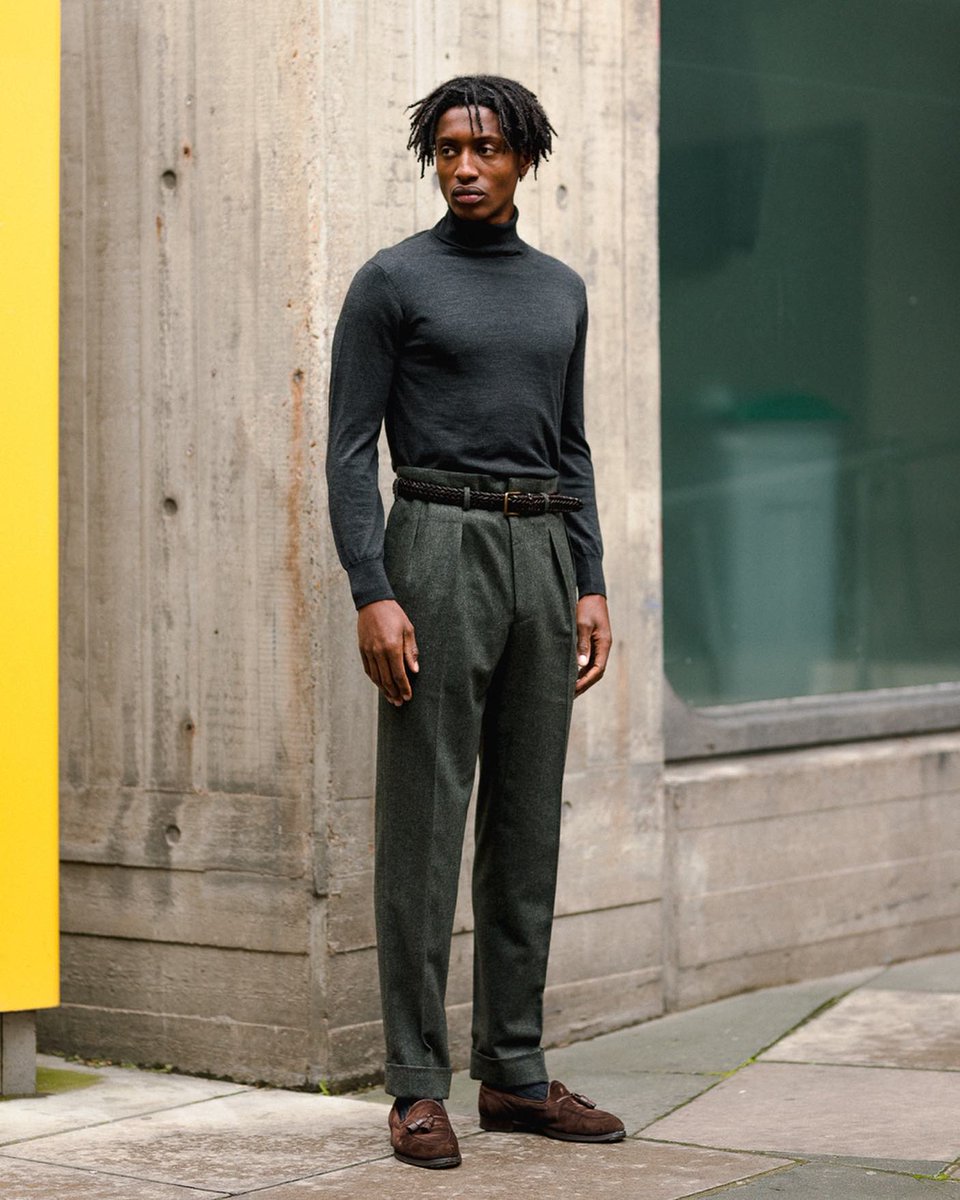


Most men are not wearing a Hollywood waist (which requires a special design and construction). If you're worried about the waistband shifting away too much from the belt, ask your tailor to put a prong keeper into your trousers. Some trousers also come with this detail. 

The prong keeper is a little loop just above your fly. When getting dressed, put your belt prong through that little loop, which will keep the waistband from slipping too far—up or down, either way. Loop remains hidden behind your belt when worn. 

Of course, if all this is confusing, you can also get trousers made with a self-belt. Although these are hard to find nowadays. My favorites are from Lemaire and Stoffa. If you get them custom-made, consider how well the fabric will hold up to constant buckling and unbuckling. 



Alternatively, you can also just wear a bike chain as a belt like John F. Kennedy Jr.
And that's just about all you need to know regarding how to snatch your waist.
And that's just about all you need to know regarding how to snatch your waist.

• • •
Missing some Tweet in this thread? You can try to
force a refresh


